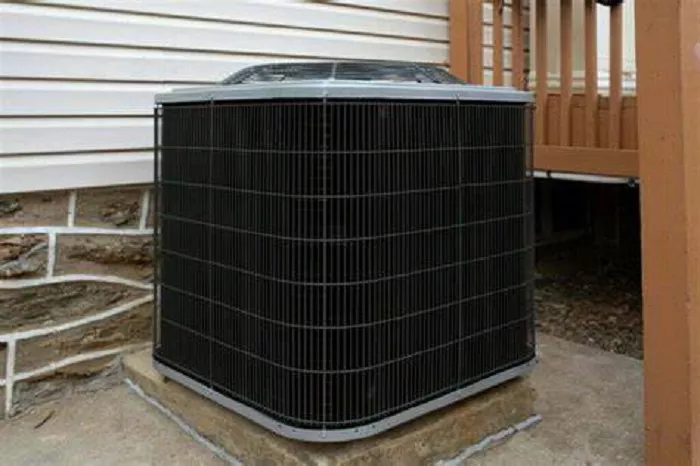A malfunctioning air conditioning (AC) compressor can produce a variety of unusual noises, each indicating a different underlying issue. As a homeowner, recognizing these sounds early can help prevent costly repairs or complete system failure. From a professional HVAC technician’s perspective, understanding these noises is critical for accurate diagnosis and timely intervention.
Understanding the AC Compressor’s Role
- The compressor is the heart of the AC system, circulating refrigerant between the indoor and outdoor units.
- It pressurizes the refrigerant, turning it from a low-pressure gas into a high-pressure, high-temperature gas before sending it to the condenser.
- If the compressor fails, the entire cooling process stops, leading to a non-functional AC system.
Since the compressor operates under high pressure and contains moving parts, any mechanical failure will often produce distinct noises.
Common Noises from a Bad AC Compressor
Loud Banging or Clanking Noise
Possible causes:
Broken piston or connecting rod: Internal components may have snapped due to wear or poor lubrication.
Loose or broken mounting bolts: The compressor may be shaking violently.
Damaged internal bearings: Worn-out bearings cause misalignment and metal-on-metal contact.
Professional action needed:
- Immediate shutdown of the AC unit to prevent further damage.
- A technician will inspect internal components; severe damage usually requires a full compressor replacement.
High-Pitched Screeching or Squealing
Possible causes:
Refrigerant leak: Low refrigerant levels cause the compressor to overwork, increasing friction.
Failing motor bearings: Lack of lubrication leads to metal grinding.
Faulty clutch (in older models): Worn-out clutch bearings produce a squealing noise.
Professional action needed:
- Refrigerant levels must be checked and leaks repaired.
- Bearings may need replacement; if ignored, the compressor motor can burn out.
Hissing or Bubbling Noise
Possible causes:
Refrigerant leak: Hissing indicates gas escaping from cracks or loose fittings.
Compressor valve failure: Bubbling suggests refrigerant is not circulating properly.
Professional action needed:
- A leak detection test must be performed.
- The system should be recharged with refrigerant after fixing leaks.
Grinding or Rattling Noise
Possible causes:
Worn-out bearings: Lack of lubrication causes friction.
Debris in the compressor: Dirt or broken parts may be circulating inside.
Loose components: Screws, bolts, or fan blades may be rattling.
Professional action needed:
- The compressor must be inspected for internal damage.
- If bearings are worn, the compressor may need replacement.
Why Does a Compressor Make These Noises?
Lack of Lubrication
- Compressors rely on oil to reduce friction.
- Low oil levels (due to leaks or poor maintenance) cause metal parts to grind.
Refrigerant Issues
- Low refrigerant (due to leaks) makes the compressor overwork, leading to overheating and noise.
- Overcharged refrigerant increases pressure, straining the compressor.
Electrical Problems
- Faulty capacitors or relays prevent the compressor from starting properly, causing clicking or humming.
- Voltage fluctuations can damage the motor windings.
Physical Damage
- Worn-out bearings cause grinding or screeching.
- Broken internal parts (pistons, rods) lead to loud banging.
Contaminants in the System
- Dirt, moisture, or metal shavings can clog the compressor, causing rattling or hissing.
How to Prevent Compressor Noise and Failure
Schedule annual maintenance: A professional tune-up ensures proper lubrication and refrigerant levels.
Replace air filters regularly: Clogged filters restrict airflow, forcing the compressor to work harder.
Fix refrigerant leaks promptly: Low refrigerant levels strain the compressor.
Ensure proper installation: Poor sizing or incorrect wiring can lead to early failure.
Conclusion
A bad AC compressor produces distinct noises—banging, screeching, hissing, grinding, clicking, or humming—each signaling different problems. Ignoring these sounds can lead to complete system failure and expensive replacements.
If your AC compressor is making unusual noises, turn off the unit immediately and contact a licensed HVAC technician for a thorough inspection. Early detection and professional repairs can save you from costly breakdowns and ensure your home stays cool and comfortable.

